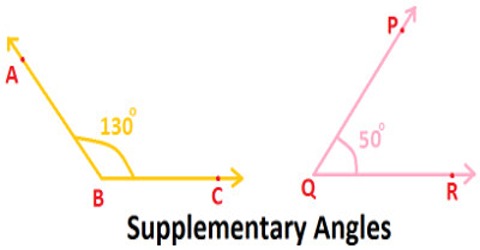

Meet a condition that allows qualified aliens to get SSI benefits.Ī non–citizen must also meet all of the other requirements for SSI eligibility, including the limits on income, resources, etc. The non–citizen must be in a qualified alien category, and WHEN IS A NON-CITIZEN ELIGIBLE FOR SSI?īeginning August 22, 1996, most non–citizens must meet two requirements to be eligible for SSI: The SSI limits for resources that we do count are:Ĭouple - $3,000 CITIZEN AND NON–CITIZEN STATUSĪ citizen or national of the United States orĪ noncitizen is a qualified alien or in one of certain alien classifications granted by the Department of Homeland Security (DHS). We do not count the value of all of your resources for SSI. Money you receive from other sources, such as Social Security benefits, workers compensation, unemployment benefits, the Department of Veterans Affairs, friends or relatives and Income, for the purposes of SSI, includes: SSA receives information form the public, advocacy groups, comments received from the Social Security and Disability Determination Services communities, counsel from medical and scientific experts, research with the National Institutes of Health (NIH), and information received from past public outreach hearings regarding potential CAL conditions. By incorporating cutting-edge technology, the agency can easily identify potential CAL to quickly make decisions. The CAL initiative helps reduce waiting time to reach a disability determination for individuals with the most serious disabilities. These conditions primarily include certain cancers, adult brain disorders, and a number of rare disorders that affect children. SSA is committed to providing benefits quickly to claimants whose medical conditions are so serious that their conditions clearly meet disability standards.Ĭompassionate Allowances (CAL) are a way to quickly identify diseases and other medical conditions that, by definition, meet Social Security’s standards for disability benefits. Results in the inability to do any substantial gainful activity and If you are age 18 or older we may consider you “disabled” if you have a medically determinable physical or mental impairment (including an emotional or learning problem) which:

See SSI FOR CHILDREN and IF YOU ARE DISABLED OR BLIND for more information on the childhood disability evaluation. If you are age 18 or older, the adult definition of disability explained below applies.

Has lasted or can be expected to last for a continuous period of not less than 12 months. Results marked and severe functional limitations and If you are under age 18 we may consider you “disabled” if you have a medically determinable physical or mental impairment, (including an emotional or learning problem) that: See the definitions of disability for children and adults below. If you have a visual impairment, but are not blind according to our rules as defined above, you may still be eligible for SSI benefits on the basis of disability. You have a visual field limitation in your better eye, such that the widest diameter of the visual field subtends an angle no greater than 20 degrees. You have a central visual acuity for distance of 20/200 or less in your better eye with use of a correcting lens or WHAT IS "BLINDNESS?īlindness in our disability programs means: Gives SSA permission to contact any financial institution and request any financial records about you Is not confined to an institution (such as a hospital or prison) at the government’s expense Īpplies for any other cash benefits or payments for which he or she may be eligible, (for example, pensions, Social Security benefits)
#Name the supplementary angle to 43 degrees full
Is not absent from the 50 States, the District of Columbia, or the Northern Mariana Islands for a full calendar month or for 30 consecutive days or more. Is a resident of one of the 50 States, the District of Columbia, or the Northern Mariana Islands In general, an alien who is subject to an active warrant for deportation or removal does not meet the noncitizen requirement.


 0 kommentar(er)
0 kommentar(er)
